From April to May 2019, the 'communes' of Nossombougou, Ouolodo and Tioribougou in Mali carried out an assessment of water and sanitation schemes in schools and health centres
Published on: 22/07/2019
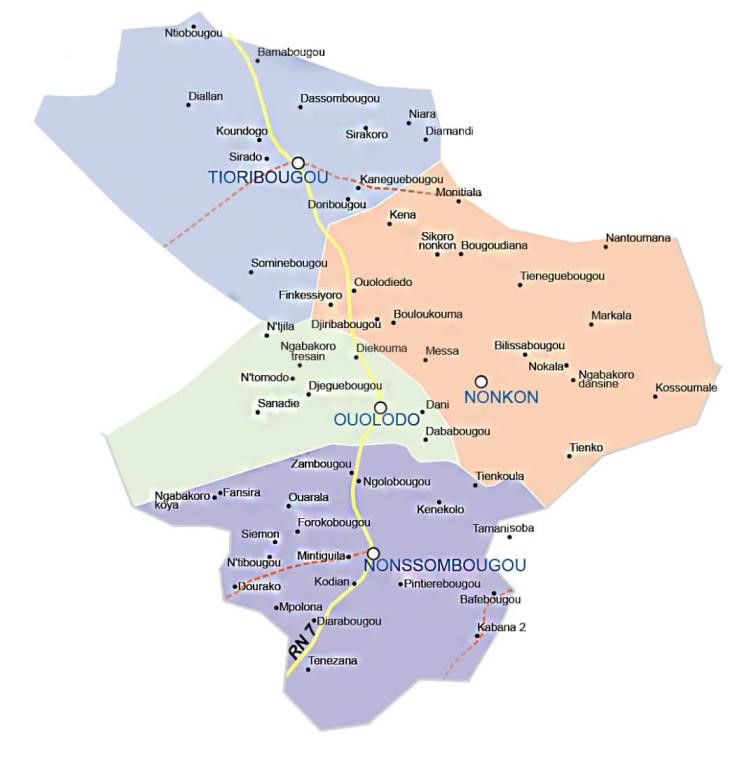
The assessment which took place in the three communes in the region of Koulikoro, focusing on infrastructure functionality and management, was made possible by the technical and financial support of IRC, the Conrad Hilton Foundation and World Vision.
This inventory, conducted in all health centres and schools, complements the household surveys conducted in December 2018. It reviewed the functionality and the complex issue of management of the schemes in schools and health centres.
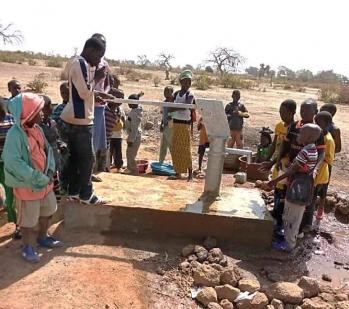
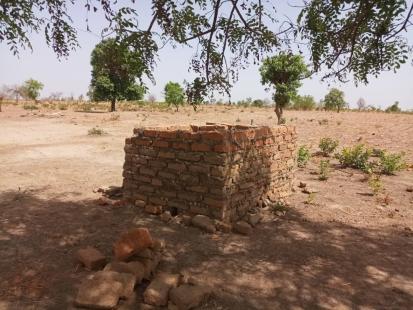
This assessment showed that the schemes are managed by the School Management Committees and the Associations for Community Health.
In Nossombougou, 17 schools (out of the 28 in the municipality) are equipped with water points and all are functional, as is the one in the only health centre which has a facility (of the total of 4 in the area). This is an indicator of good management, since 88% of these water points are actually handpumps, managed by the above-mentioned committees. With the exception of Tienkoulou Primary School, latrines in all schools and health centres are functional. Regarding hygiene, eight out of nine elementary schools have functioning handwashing devices. In all the health centres, the devices are functional as well.
In Ouolodo, only three schools (out of 11 in the municipality) have a functioning handpump. The only health centre in the commune has an improved water source. The existing sanitation facilities are all functional, apart from the Ouolodo school latrine. Also four of the 10 handwashing devices counted are functional. In the commune of Tioribougou, four out of five water points in schools are working and those in the health centres seem to be functioning. The same holds for latrines apart from one of the latrines in the community health centre. Of all the existing handwashing devices, only the one in Tioribougou Primary School is working.
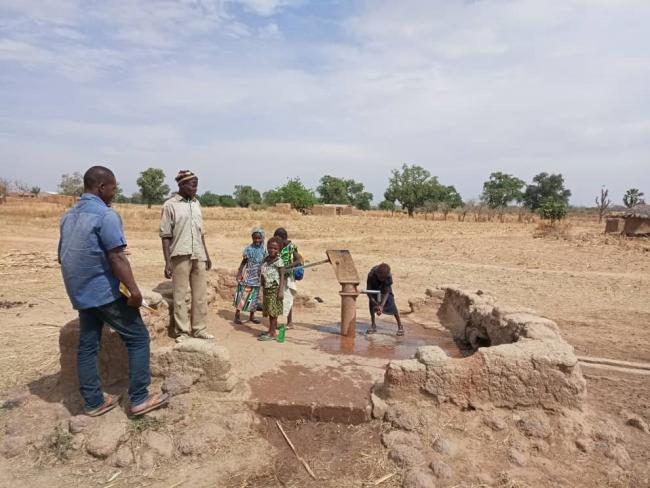
The assessment reveals a lack of maintenance of sanitation facilities in health centres and schools. Although the majority of latrines are functional, they are dirty. Managers report that the poor condition of latrines is due to lack of water, especially in settlements that do not have water points. The facilities are overused because there are too few of them. In addition, there are shortcomings in the set-up of the management committees. The repairs of these schemes are the sole responsibility of the directors in the schools.
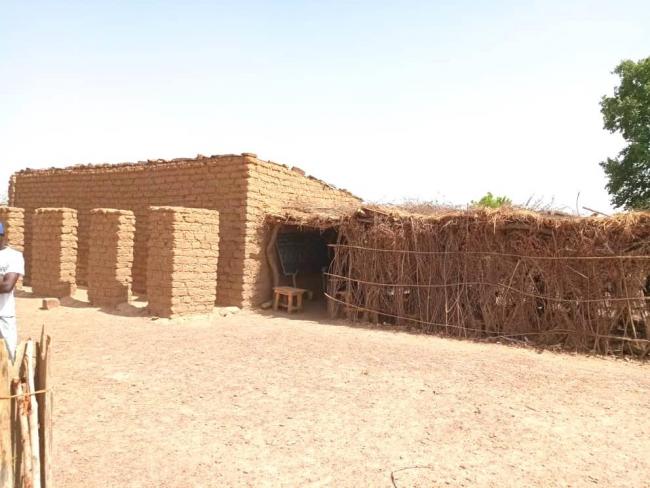
Sufficient staffing as well as training of agents are essential to improve the management of the water and sanitation schemes. On top of that, there is a need to increase the financial resources allocated to maintenance and to organise sensitisation sessions for all users. A good procedure to support the water services in schools, by the community or parents, is also necessary. In those schools where parents pay for water point repairs, principals need to be transparent and accountable. The management committees in schools need to consist of teachers, parents, users and municipal authorities.
"It is essential to increase the number of water points in the villages in order to reduce the pressure on the institutional facilities", said one of the investigators.
Sustainable management of water and sanitation facilities cannot be achieved without coherent mechanisms to assess progress and guide efforts. Monitoring must take into account water quality, functionality and level of maintenance of the schemes. For this, the tools developed in 2018 will have to be re-adjusted to indicate, among other things, coverage rate and sex segregation of these public facilities.
Nossombougou, Ouolodo and Tioribougou examined drinking water and sanitation facilities in schools and health centres. Operation of these schemes may be fairly satisfactory, but their management and maintenance should be improved rapidly to ensure use and durability. At the end of the assessment, medium- and long-term solutions have been developed to ensure real access to water and sanitation in these two institutions, which is particularly welcome for children, pregnant women and the sick.